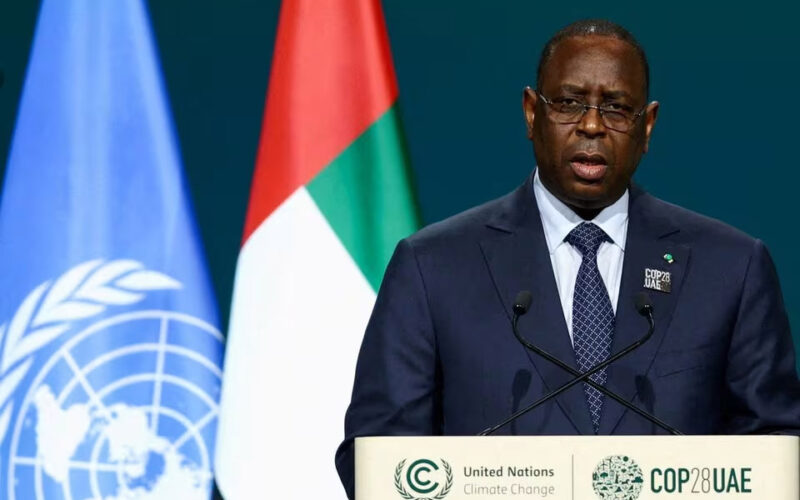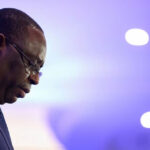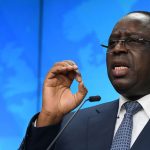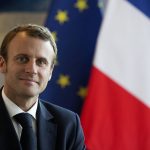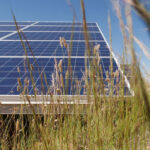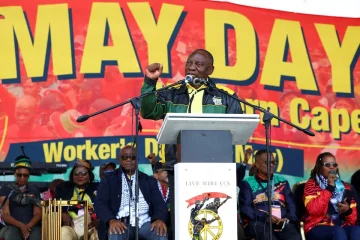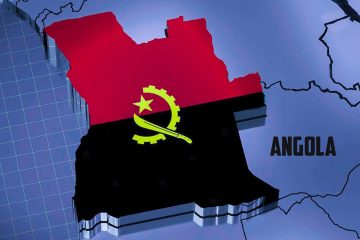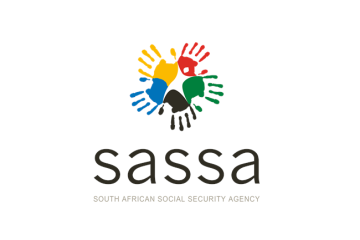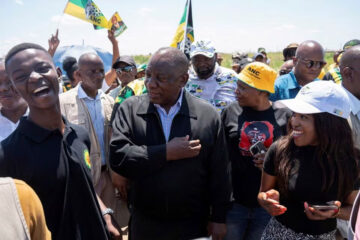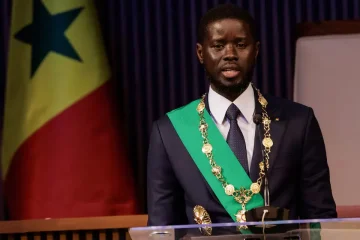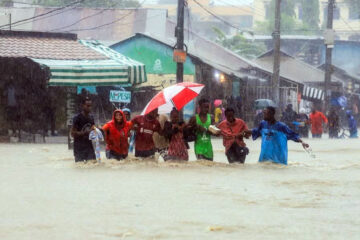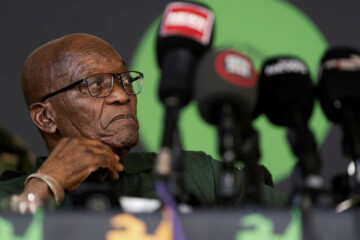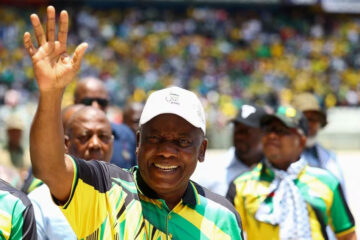MACKY Sall is the former President of Senegal (2012-2024) and Special Envoy for the Paris Pact for People and the Planet.
When I reflect on my 12 years as president of Senegal, one lesson stands out: how stacked the international financial system is against developing countries like my own.
No matter how sound our economic policies are, we are judged a risky bet. Our access to capital is both restricted and eye-wateringly expensive. Our fiscal and monetary policies are dictated, in effect, by far-away central banks. And when we try to protest, we discover that we have no voice.
It took a pandemic, and the economic implosion that followed, to make these flaws visible to all. This led the United Nations and the International Monetary Fund (IMF) to call for a new “Bretton Woods” moment: a wholesale reform of international financial institutions.
Four years on, with Covid under control and a tenuous global economic recovery underway, the reformist zeal is at risk of waning as the sense of urgency fades.
But for most of us in the developing world, these efforts were insufficient. The multiple crises we are facing have not gone away. In the past three years alone, there have been 18 sovereign defaults in 10 developing countries – more than all the debt defaults of the previous two decades combined.
Global inequalities continue to grow
According to the World Bank, 60% of low-income countries are at high risk of debt distress or are already in it. Interest payments by these countries have quadrupled over the past 10 years as global interest rates surged.
To honor debt repayments, low-income countries are cutting back spending on education, health and other public services. In doing so, they are also sacrificing their right to a better future.
Africa is now paying more in debt service than it needs to invest in climate resilience, estimated at $50 billion a year. Its external debt reached $824 billion in 2021, with countries dedicating 65% of their GDP to servicing these obligations.
At the World Bank and IMF Spring meetings this year, the IMF warned that global inequalities were growing, with “poorer countries falling even further behind”.
The need to make the international financial system fairer, more responsive to the real needs of the developing world, and more representative of the global community, is more urgent than ever.
Last year in Paris, at a global summit convened by French President Emmanuel Macron, 32 countries including Senegal agreed on the Paris Pact for People and the Planet (P4).

Our goals are clear: to create a world where poverty has been eradicated and the planet preserved, and where vulnerable countries are better equipped to tackle crises. To do so, we aim to mobilize all sources of financing, which is why reform of the international financial system is top of the agenda.
We know that many institutions share our goals and we do not wish to replicate their efforts. Instead, we are advocating a new approach, which I call ‘inclusive multilateralism’.
We seek to bring together as many countries as possible, from all continents and income levels, overcoming the divisions – east versus West, Global North versus South, green versus polluters – that have soured initiatives in the past.
Rewriting the rules of global finance
As a platform, we can already point to some progress. For example, our campaign for giving developing countries a bigger say in the governance of international financial institutions is being heeded.
Last October, IMF members approved the expansion of its Executive Board to include a third representative from Africa out of 25, which will help strengthen the continent’s voice on economic and financial affairs.
But we still have a long way to go.
We are also encouraging governments to demand objective, transparent and measurable criteria for rating agencies’ evaluations of sovereign risk.
Research conducted by the United Nations Development Programme (UNDP) shows that these agencies systematically assign higher risk ratings to poor countries, irrespective of the economic realities on the ground.
This has led to a situation where, on average, African countries pay four times more for borrowing than the United States and eight times more than the wealthiest European economies. Our access to development and climate finance depends on ending this financial discrimination.
Another goal is to attract at least one euro in private funding for every euro of public funding spent on development, climate and nature.
We invite more countries to join the Paris Pact to rewrite the rules of global finance, give developing countries a greater say in international financial institutions, and mobilize funding for sustainable growth.
By doing so, we hope to create a new global and inclusive financial order that is fit for purpose for the 21st century.
- Context is powered by the Thomson Reuters Foundation Newsroom

